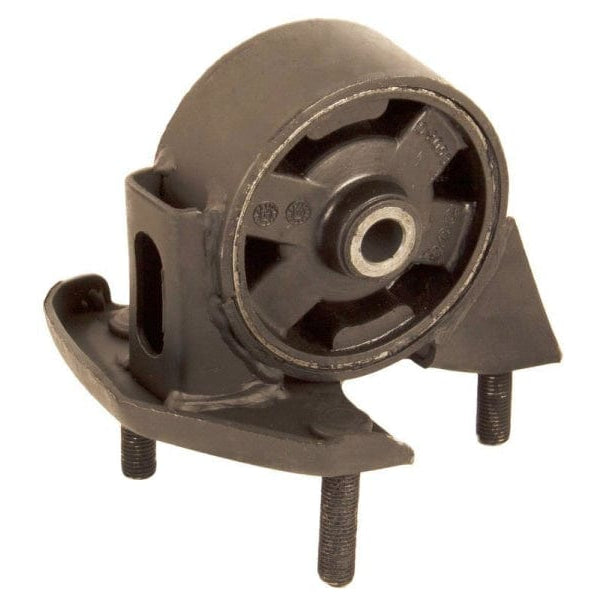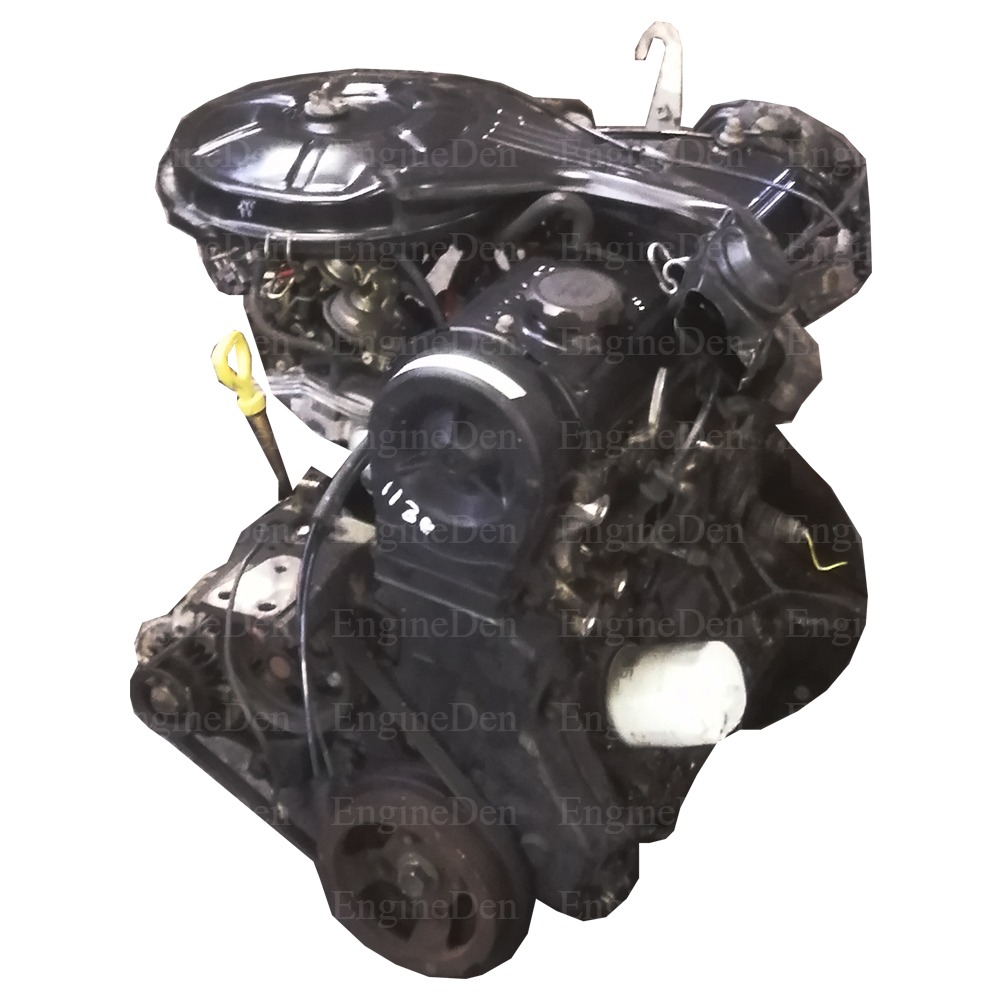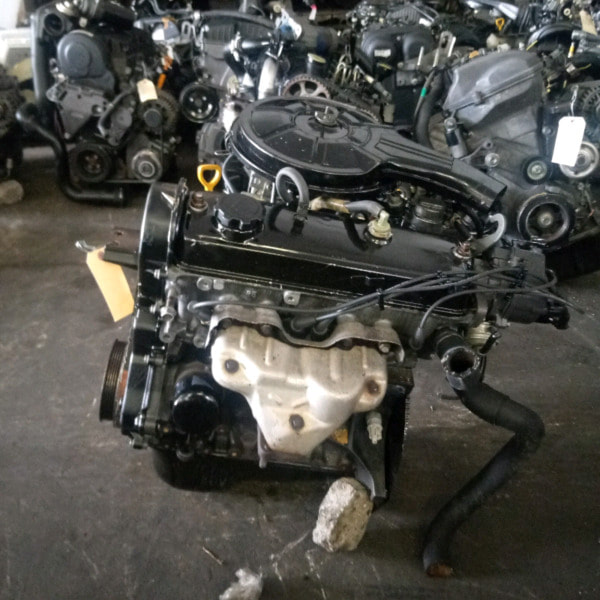Toyota Tazz: A Reliable and Affordable Compact Car for Everyday Use
Toyota Tazz: A Reliable and Affordable Compact Car for Everyday Use
Blog Article
Explore the most recent Trends in Engine Modern Technology Through Tazz
In the rapidly advancing landscape of automobile technology, Tazz stands at the leading edge, highlighting substantial innovations in engine systems that focus on both technology and sustainability. tazz. From hybrid engines that optimize fuel performance to the development of hydrogen fuel cells, the fads forming contemporary powertrains are not just boosting performance however additionally resolving crucial environmental obstacles. As the market remains to push boundaries, it is important to think about exactly how these advancements will influence future transport solutions and the broader effects for worldwide energy usage. What lies ahead in this crucial makeover?
Crossbreed Engine Innovations
Crossbreed engine developments stand for a pivotal change in automotive modern technology, integrating the benefits of internal combustion engines with electric propulsion systems. This assimilation not only improves gas efficiency however likewise reduces exhausts, meeting increasingly stringent environmental regulations. By utilizing both power sources, hybrid engines can maximize efficiency, delivering power when required while preserving fuel during much less demanding driving problems.
Recent developments in crossbreed innovation include improvements in battery performance and regenerative braking systems. These innovations permit greater energy recuperation during deceleration, which can be redirected to help in acceleration or power auxiliary systems. In addition, manufacturers are concentrating on light-weight materials and compact layouts to make best use of the efficiency of hybrid powertrains.
The advancement of plug-in crossbreeds has actually also broadened the marketplace, enabling chauffeurs to bill their lorries utilizing common electrical outlets. This attribute frequently permits substantial all-electric range, additional reducing dependence on typical fuels. tazz. As the automobile market proceeds to advance, hybrid engine technologies are expected to play a vital role in linking the space in between conventional automobiles and fully electric versions, giving a transitional option that accommodates varied consumer demands and choices
Advancements in Electric Powertrains
The automotive landscape is rapidly evolving, with electrical powertrains becoming a leading pressure in sustainable transport. Advancements in electrical car (EV) modern technology are considerably improving efficiency, efficiency, and user experience. Secret advancements include renovations in battery chemistry, which have boosted energy density, minimized charging times, and expanded total battery life.
Solid-state batteries, as an example, promise to revolutionize the marketplace by providing better safety and security and effectiveness compared to traditional lithium-ion cells. Innovations in regenerative stopping systems are making it possible for automobiles to recoup energy during deceleration, contributing to total performance.
Along with battery innovation, electrical motor designs are becoming more sophisticated. Developments such as incorporated motors and progressed thermal monitoring systems are aiding to enhance power delivery and lower weight, eventually improving automobile dynamics.

Jointly, these advancements underscore the commitment to shift in the direction of cleaner, extra efficient transport services, placing electrical powertrains at the center of automotive advancement.
The Surge of Hydrogen Fuel Cells
Significantly, hydrogen fuel cells are acquiring traction as a practical alternative to typical inner combustion engines and battery electric lorries. This technology harnesses the chemical energy kept in hydrogen, converting it into electrical energy through an electrochemical reaction with oxygen. The key result of this procedure is water, making hydrogen fuel cells an eco-friendly choice with absolutely no exhausts at the tailpipe.

Automakers are significantly Learn More buying hydrogen gas cell modern technology, identifying its possibility for long-range applications and rapid refueling capacities that measure up to standard fuels. In addition, fields such as sturdy transport and public transportation are particularly appropriate for hydrogen fuel cells, where battery electrical options may drop short due to weight and array constraints.
As study and investment remain to broaden, hydrogen gas cells are positioned to play a considerable function in the future landscape of tidy transportation and power solutions.
Enhancements in Internal Combustion Engines
Technologies in internal burning engine (ICE) technology are changing standard automobiles to meet modern ecological criteria and efficiency assumptions. Straight fuel injection, for instance, permits for far better atomization of fuel, leading to more total burning and enhanced power output.
In addition, turbocharging has actually gotten prominence, permitting smaller sized engines to deliver greater efficiency without the weight of larger engines - tazz. This innovation not just boosts efficiency however also contributes to decrease gas usage. Variable shutoff timing systems are also being improved, enabling engines to adjust to different driving problems for boosted torque and responsiveness
Furthermore, the use of light-weight products in engine building and construction is coming to be typical, more enhancing fuel effectiveness by lowering general vehicle weight. Engine control devices (ECUs) are significantly innovative, enabling real-time changes that maximize efficiency and exhausts.
These improvements jointly signify a critical change in ICE technology, lining up with global sustainability goals while still offering the efficiency motorists expect from their lorries. As the industry develops, these renovations proceed to form the future of conventional vehicle engineering.
Future Patterns in Engine Performance
Significant improvements in engine efficiency are anticipated as manufacturers concentrate on incorporating advanced technologies to meet rigid environmental laws and consumer demands. The shift in the direction of pop over to these guys electrification, hybrid systems, and alternative gas is reshaping the automotive landscape, driving innovations that improve fuel economy and lower emissions.
Among the vital fads is the application of innovative materials and producing strategies. High-strength alloys and light-weight compounds contribute to reduced automobile weight, hence enhancing total effectiveness. In addition, the adoption of turbocharging and variable shutoff timing modern technologies enables enhanced power output from smaller sized engines, further enhancing fuel economy.

Final Thought
In final thought, the expedition of engine technology reveals considerable advancements that prioritize sustainability and effectiveness. Developments in hybrid engine systems, electrical powertrains, and hydrogen gas cells demonstrate a commitment to reducing discharges while improving performance. Renovations in internal burning engines and a focus on lightweight materials add to total engine effectiveness. As the automobile industry continues to evolve, these trends will play an important function in shaping a cleaner and more lasting future for transportation.
From hybrid engines that enhance gas efficiency to the emergence of hydrogen fuel cells, the patterns forming modern-day powertrains are not only boosting efficiency but likewise addressing critical environmental obstacles.Hybrid engine technologies stand for a pivotal shift in auto innovation, combining the benefits of interior combustion engines with electrical propulsion systems.In addition, turbocharging has actually obtained prominence, enabling smaller sized engines to deliver higher efficiency without the weight of larger engines. In addition, the fostering of turbocharging and variable valve timing technologies permits for enhanced power outcome from smaller engines, even more enhancing fuel economic climate.
Renovations in interior burning engines and an emphasis on lightweight products contribute to overall engine effectiveness.
Report this page